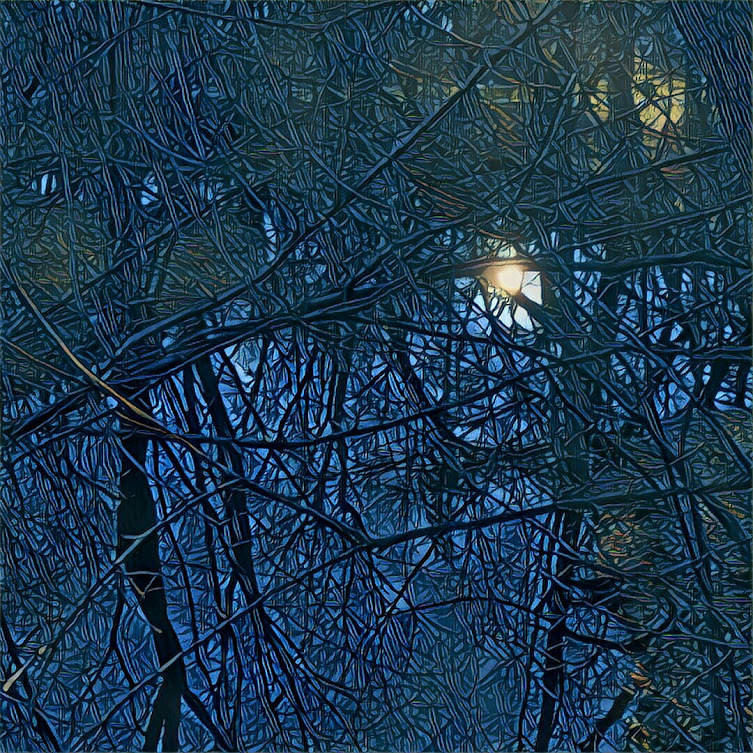It is an utterly ordinary dusty town. People listen to the radio in the evenings after they wash the supper dishes, and the only strangers occasionally encountered are the neighbors' out-of-town relatives or the door-to-door salesmen who come from other small and dusty towns.
And it is so dark and quiet at night. Quiet with a fine, silvered silence broken only by hoot owls, crickets, nighthawks and the rustle of the corn as the fox slinks through the stalks.
The townspeople mostly close their windows to this particular music, since warmth and safety can feel hard to come by.
One day in late autumn, when the harvest is in and bees cluster in their hives—an overcast day, when crows roost in the bare branches and caw loudly at small boys—a gypsy wagon with faded paint and gilded rosettes sets up on the edge of this dusty town.
Nobody knows where the wagon came from, or what it's for; but, being so unexpected, so unusual, the wagon (and the odd sounds that come from inside) stirs up a wondering that slowly builds as the afternoon passes.
Finally that evening, the townspeople hear the winding, beguiling melodies of a strange music wafting over the corn fields. Composed of accordion and clarinet and fiddle and they don't know what all...but the woman's voice calls to them, so they shrug on their coats and go, walking in pairs or bunches as the excited children race around them in the dark. After all, despite the dullness of their ordinary town, aren't they as curious as any other human creatures? And as drawn to magic and mystery?
So they gather on the edges, in that liminal space between town and not-town; wild and not-wild. They gather in the dark, under the moon, by the light of the leaping violet fire, where a ragtag company of musicians play well-worn instruments late, late into the night. Laughingly they gather on hay bales set around the encampment. Some close their eyes and sway slightly as the otherworldly, dark-velvet music enwraps them. Some shyly waltz together in that hinterland where the flashing edges of the firelight dance with the darkness.
And for a while, they are reminded that this world, which encompasses and breathes through themselves and every other living thing, is an enormous, unfolding story, of which each is part. That darkness is the other side of brightness, and joy the other side of pain.
The music to which they danced and dreamed that night sounded like this.
Ashes
Celebrate
Dark Dark Dark are based in Minneapolis, Minnesota. While they don't to my knowledge travel via gypsy caravan, they do tour nomadically around the world.

No comments:
Post a Comment